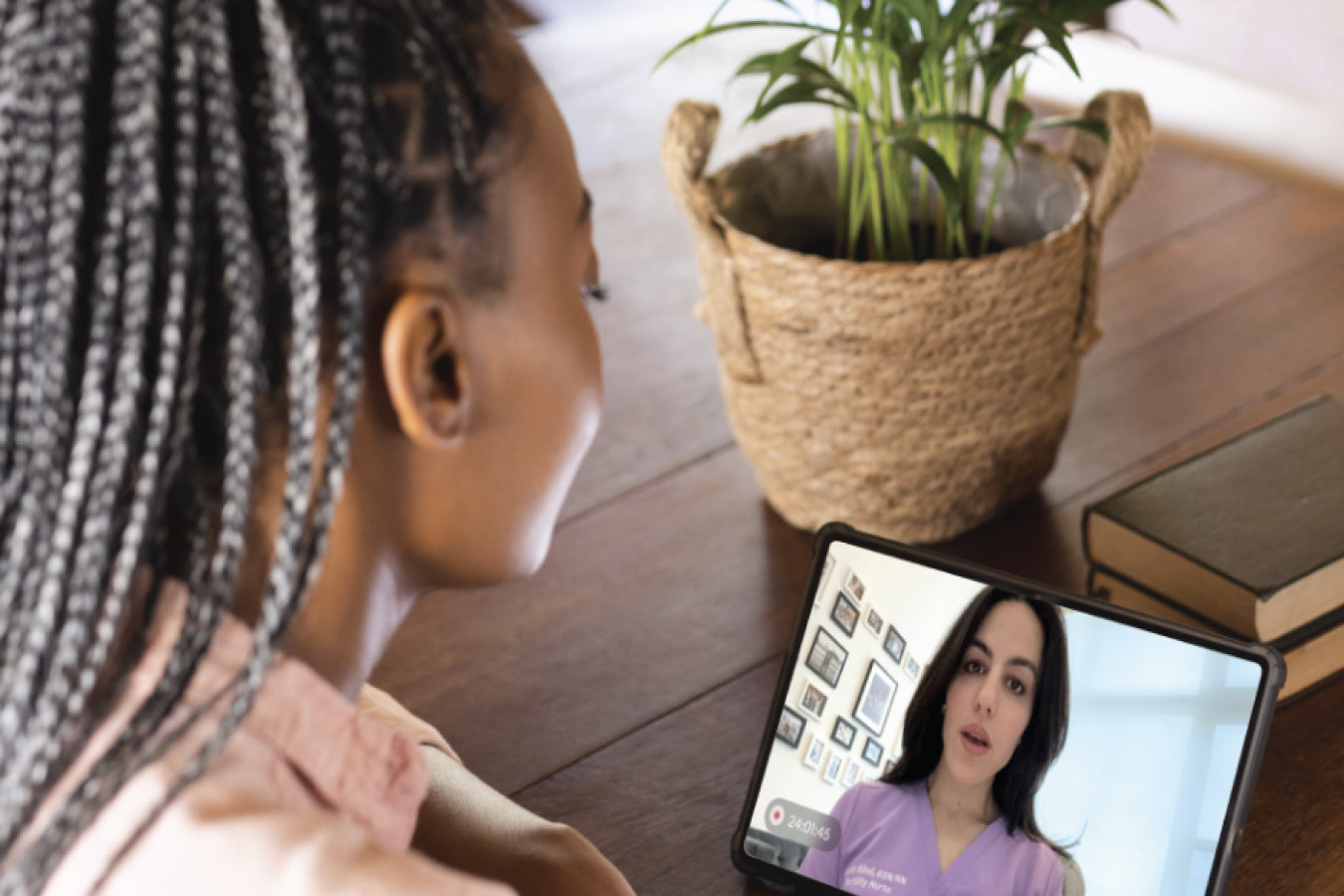Most women at their yearly OB/GYN appointment discuss pap smears, contraception management and general health issues, but unfortunately, it’s much less common to talk to your doctor about your reproductive health. Your doctor can test your fertility relatively easily, and this testing can and should be done before you try to get pregnant. Knowing your reproductive potential can inform your family-building options so you can begin fertility planning whenever you’re ready.
Here, Brian Levine, MD, founding partner and practice director at CCRM New York and medical advisor at Dandi, explains initial fertility testing for women, normal fertility test results, and when to see a reproductive endocrinologist (fertility doctor).
How and when should I get my fertility tested?
There’s no harm in undergoing fertility testing with your provider at any point, but sometimes, you may seek out testing for a specific issue, like if you want to undergo egg freezing, you have irregular menstrual cycles or something feels off with your period.
Most of the time, however, women initiate fertility testing because they’re having trouble getting pregnant. The American College of Obstetricians and Gynecologists (ACOG) recommends seeing a fertility specialist after one year of actively trying to conceive without protection if you’re under the age of 35, and after six months if you’re older than 35.
What are the types of fertility testing?
There are three components to reproductive testing for women:
-
History, where your doctor will ask you questions to better understand your reproductive and medical past
-
Blood test, which will reveal:
-
how your brain is talking to your ovaries (follicle-stimulating hormone, or FSH)
-
how well your ovaries are responding (estrogen level)
-
what phase you’re in in your cycle (progesterone level)
-
if you’re close to ovulating (luteinizing hormone, or LH).
This blood test also tests your anti-mullerian hormone, or AMH, which gives us an idea of your ovarian reserve, also known as the quantity (but not quality) of the eggs in your “bank.”
-
Transvaginal ultrasound, which assesses the uterus to make sure there are no polyps or fibroids, the ovaries to make sure there are no cysts, and your egg count (antral follicle count, or AFC).
Your OB/GYN can do all of the basic AMH testing, a transvaginal ultrasound, as well as optional genetic screening to help you understand if you carry any conditions that you may need to consider with your partner before moving forward.
What is a normal AMH for my age?
AMH is related to your age. This value is one of the tools that helps us understand your reproductive potential, but it’s not the end-all-be-all of fertility. The normal AMH for each age range is:
-
Under the age of 30, AMH of at least 2.5
-
Between the ages of 30-35, AMH of at least 2
-
Older than 35, AMH of at least 1.5 or 1
You should have your AMH checked and then rechecked with another blood test six months or a year later at the same place. (This is one reason why it’s important to partner with your OB/GYN to help give you the full picture of your fertility).
Normal fertility test results
The initial fertility blood test can reveal other information about how fertile you may be. Normal results for those tests are:
-
FSH < 12
-
Estrogen < 75
-
LH < 10
-
Progesterone < 1
Should your results fall outside the normal range, AMH especially, we recommend seeing a fertility specialist. If you’re not looking to build your family right away, you may want to consider egg freezing; if you are trying to conceive now, a lower AMH may be a good reason to accelerate fertility treatment.
Key takeaways on women’s fertility testing
Initial fertility testing for women is non-invasive and informative, and can help you learn more about your reproductive health.
If your test results reveal you may have an issue getting pregnant or you have additional concerns, your doctor may recommend that a fertility specialist run more tests, such as an an X-ray of the uterus called an hysterosalpingogram (HSG), a hysteroscopy, where a doctor inserts a small camera into the cervix to view the uterus, or a saline sonogram, which can help diagnose issues in the uterus.
People like myself at CCRM New York are trained in all of this testing and in reproductive endocrinology, and we help our patients discuss their options for fertility treatment. Check out Dandi’s guide for how to choose a fertility doctor, as well as the rest of Dandi’s helpful resources, as you begin your fertility journey.






